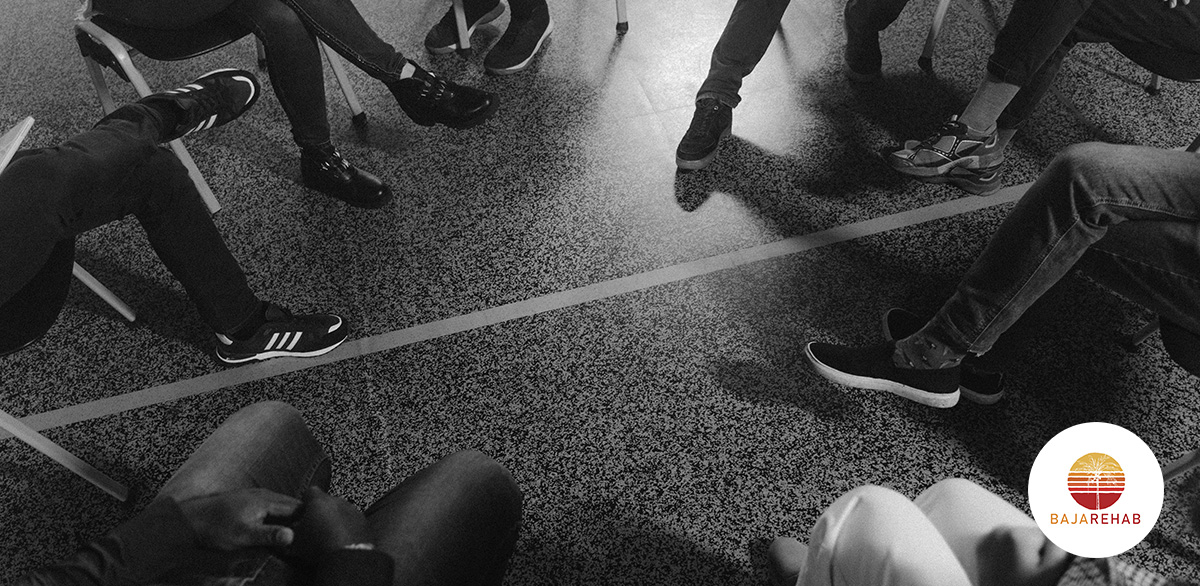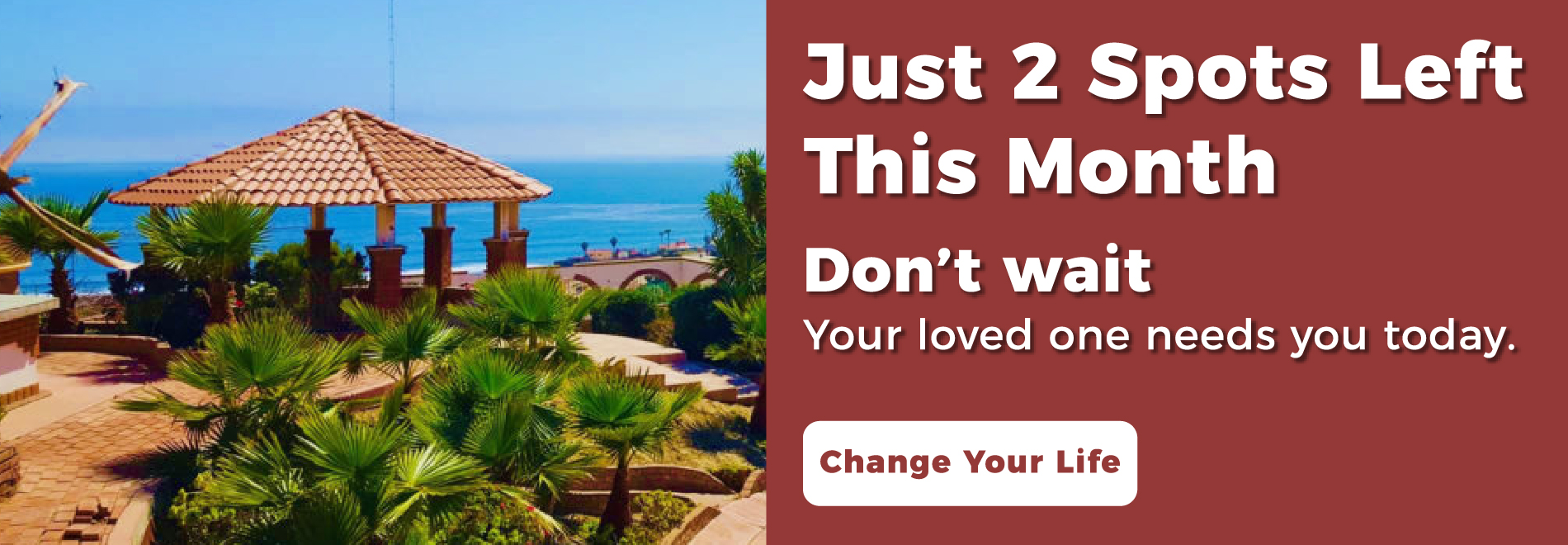A Deep Dive Into Al-Anon’s 12 Steps for Family Recovery

How the 12 Steps Can Heal the Wounds Left by Someone Else’s Drinking
If you’ve been affected by a loved one’s alcoholism, you may have spent months—or even years—trying to help them change, all while losing touch with your own needs, identity, and peace of mind. Al-Anon offers a path back to balance through its 12 Steps, adapted from Alcoholics Anonymous but focused entirely on your healing journey.
In this blog, we take a deep dive into each of the 12 Steps of Al-Anon, how they work, and why they’ve been a transformative tool for millions of people worldwide.
What Are the 12 Steps of Al-Anon?
Al-Anon’s 12 Steps provide a structured framework for emotional and spiritual healing. They’re not rules or requirements, but guiding principles that help individuals recover from the chaos, codependency, guilt, and emotional distress that often accompany living with someone who struggles with alcohol.
These steps are often worked gradually, in the company of others—through meetings, sponsorship, and personal reflection.
The 12 Steps of Al-Anon — Explained
Step 1: We admitted we were powerless over alcohol—that our lives had become unmanageable.
This first step is about surrendering control. It acknowledges that we cannot fix or control the alcoholic in our lives—and that trying to do so has only harmed our own well-being.
🔑 Key Shift: From control to acceptance.
Step 2: Came to believe that a Power greater than ourselves could restore us to sanity.
You don’t need to be religious for this step—just open to the idea that something greater (nature, love, community, or a Higher Power) can help you heal.
🔑 Key Shift: From isolation to spiritual connection.
Step 3: Made a decision to turn our will and our lives over to the care of God as we understood Him.
This is about releasing the burden of having to “fix everything” and choosing to trust a deeper source of guidance.
🔑 Key Shift: From self-will to trust.
Step 4: Made a searching and fearless moral inventory of ourselves.
Not a blame game, but an honest look inward. This step helps uncover patterns—resentment, denial, enabling—that may keep us stuck.
🔑 Key Shift: From blaming others to self-awareness.
Step 5: Admitted to God, to ourselves, and to another human being the exact nature of our wrongs.
Speaking our truth aloud can be deeply freeing. It reduces shame and builds trust in ourselves and others.
🔑 Key Shift: From secrecy to honesty.
Step 6: Were entirely ready to have God remove all these defects of character.
This step is about willingness—being open to growth, even when it’s uncomfortable.
🔑 Key Shift: From resistance to readiness.
Step 7: Humbly asked Him to remove our shortcomings.
This step continues the transformation, asking for help in letting go of old behaviors and beliefs that no longer serve us.
🔑 Key Shift: From pride to humility.
Step 8: Made a list of all persons we had harmed and became willing to make amends to them all.
It’s easy to think we were only victims—but this step invites us to take accountability for any ways we’ve hurt others.
🔑 Key Shift: From defensiveness to responsibility.
Step 9: Made direct amends to such people wherever possible, except when to do so would injure them or others.
When done thoughtfully, making amends brings closure and healing—to ourselves and our relationships.
🔑 Key Shift: From regret to repair.
Step 10: Continued to take personal inventory and when we were wrong promptly admitted it.
Recovery isn’t one and done. Step 10 keeps us honest and grounded, one day at a time.
🔑 Key Shift: From relapse to ongoing reflection.
Step 11: Sought through prayer and meditation to improve our conscious contact with God… praying only for knowledge of His will for us and the power to carry that out.
This is a practice of ongoing spiritual connection, however you define it—whether it’s through silence, journaling, nature, or prayer.
🔑 Key Shift: From chaos to inner calm.
Step 12: Having had a spiritual awakening as the result of these steps, we tried to carry this message to others…
The final step is about giving back. Sharing your experience can help others, just as someone likely helped you.
🔑 Key Shift: From survival to service.
How the 12 Steps Help Families Heal
The 12 Steps of Al-Anon don’t promise to change your loved one’s behavior—but they can absolutely change your life. Many people report:
- Improved mental and emotional health
- Stronger boundaries
- Healthier relationships
- Renewed purpose and hope
- Freedom from guilt and codependency
You’re Not Alone — and You Don’t Have to Do This Alone
At Baja Rehab, we work closely with families and loved ones who are affected by addiction. The Al-Anon 12 Steps provide a profound foundation for personal recovery, and we often recommend them as part of a comprehensive family support plan.
Healing isn’t just for the person with the addiction — it’s for everyone who loves them.
Ready to Start Your Own Recovery?
Whether you’re just beginning your journey or already working the steps, Baja Rehab is here to walk alongside you. Contact us today for family support resources, referrals to local Al-Anon meetings, or information on how we integrate family recovery into our programs.


